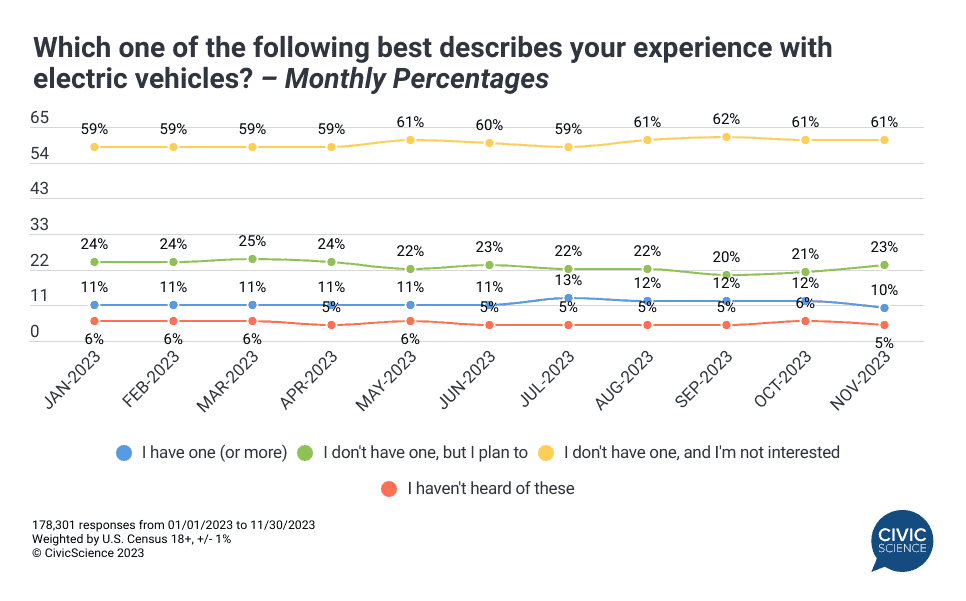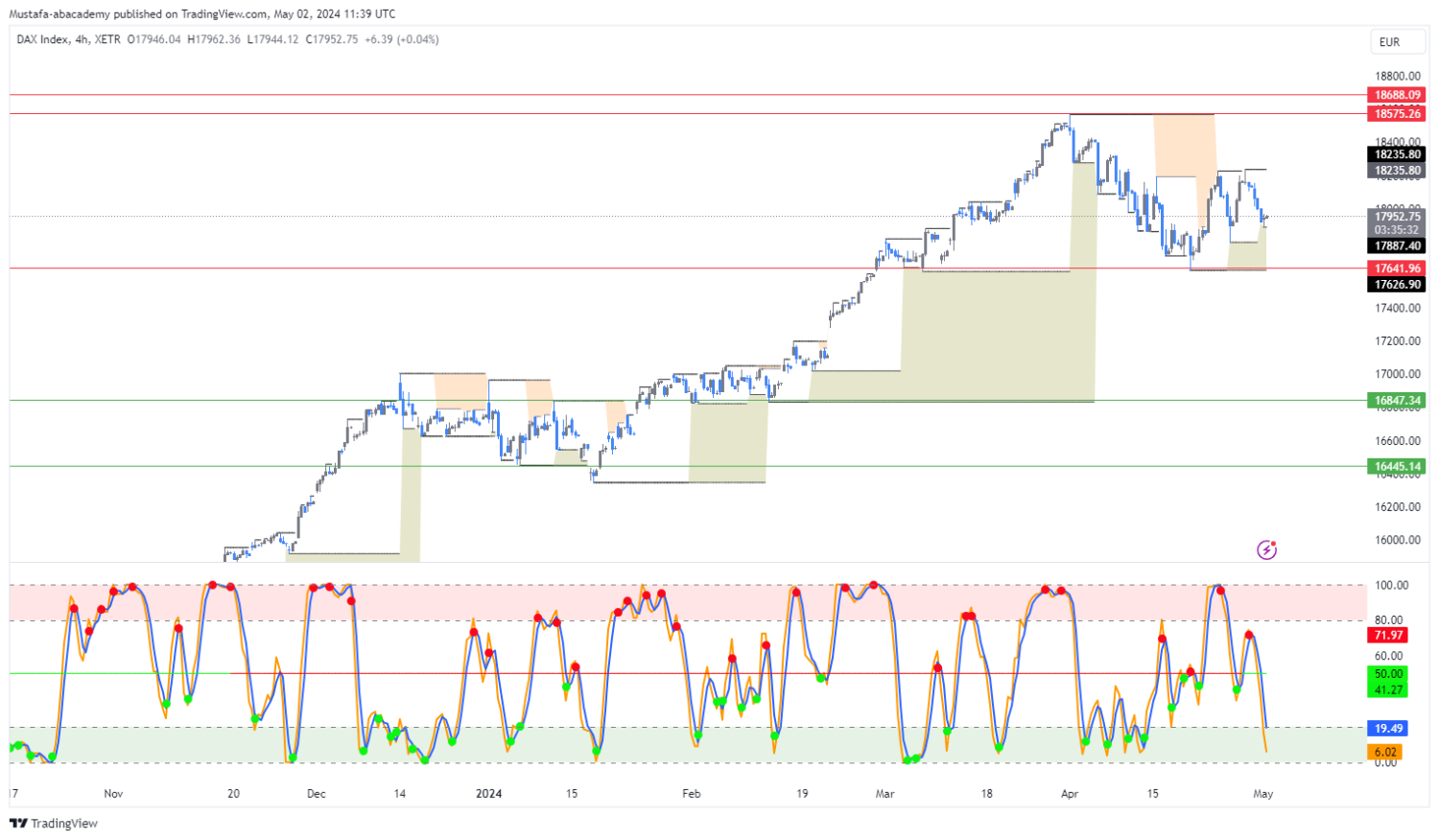Increased Resistance From Car Dealers To Electric Vehicle Quotas

Table of Contents
Financial Concerns and Profit Margins
Dealerships are businesses, and their primary concern is profitability. The transition to EVs presents several financial challenges that are driving resistance to electric vehicle quotas.
Lower Profit Margins on EVs
Dealerships often earn less profit per EV sale compared to traditional gasoline vehicles. This difference is due to several factors:
- Lower service revenue due to fewer moving parts in EVs: EVs have significantly fewer components than internal combustion engine (ICE) vehicles, leading to less frequent and less complex maintenance and repair needs. This directly impacts the revenue stream dealerships rely on for service and repairs.
- Less opportunity for add-on sales and higher profit margins on accessories: The simpler mechanics of EVs reduce the opportunities for add-on sales of parts and accessories, which are typically high-margin items for dealerships.
- Potential for increased training costs for staff to maintain EV models: Servicing EVs requires specialized training and tools, adding to the dealership's operational costs. This investment in training is not always easily recouped.
Investment in Infrastructure
Adapting dealerships to effectively sell and service EVs requires significant upfront capital investment:
- High initial investment in charging stations and specialized EV tools: Installing charging stations and acquiring the specialized equipment necessary for EV maintenance represents a substantial financial burden for many dealerships, especially smaller ones.
- Need for staff retraining to handle the unique aspects of EV maintenance and repair: Training staff on EV technology and repair procedures requires time and resources, further impacting profitability in the short term.
- Uncertainty about return on investment (ROI) on EV-related upgrades: Dealerships face uncertainty regarding the return on investment for these significant upfront expenses. The long-term viability of the EV market and consumer demand remain key concerns.
Supply Chain Issues and Inventory Management
The transition to EVs is not without its supply chain challenges, which are contributing to dealer resistance to EV quotas.
Limited EV Availability
Many dealerships struggle to secure sufficient EV inventory to meet quota demands:
- Production constraints and supply chain bottlenecks impacting EV availability: The production of EVs is still ramping up, and supply chain disruptions continue to hamper the availability of components and finished vehicles.
- Difficulties in predicting consumer demand for specific EV models: Accurately forecasting consumer demand for different EV models is challenging, leading to inventory management issues and potential overstocking or shortages.
- Competition amongst dealerships for limited EV supply: The limited availability of EVs creates competition among dealerships, making it difficult for some to secure sufficient inventory to meet quotas.
Lack of Consumer Demand in Certain Regions
While EV adoption is growing, it’s uneven across different regions:
- Regional variations in consumer preferences and purchasing power: Consumer preferences and purchasing power vary significantly across different regions, affecting EV demand.
- Limited awareness and understanding of EV benefits in some communities: Lack of awareness and understanding of the benefits of EVs in some communities hinders their adoption.
- Lack of charging infrastructure in certain areas impacting consumer confidence: Insufficient charging infrastructure remains a major barrier to EV adoption in many areas, discouraging potential buyers.
Resistance to Change and Lack of Government Support
Beyond financial considerations, resistance to change and a lack of adequate government support contribute to the dealers' opposition to EV quotas.
Resistance to New Technologies and Processes
Some dealerships are hesitant to embrace the changes associated with EV sales and service:
- Reluctance to invest in new training programs for staff: Dealerships may resist investing in staff training for new technologies and service procedures.
- Resistance to adopting new sales and marketing strategies for EVs: Effective EV marketing requires adapting sales strategies to reach and engage a new customer base.
- Fear of disrupting established business models and processes: The transition to EVs requires changes in established business models and processes, creating anxiety and resistance amongst some dealerships.
Inadequate Government Support and Incentives
A lack of comprehensive government support for dealerships transitioning to EVs exacerbates the issue:
- Insufficient funding for EV infrastructure development: Limited government funding for charging infrastructure hinders the wider adoption of EVs.
- Lack of clear guidelines and support programs for dealerships: The absence of clear government guidelines and support programs creates uncertainty and difficulty for dealerships attempting to adapt.
- Concerns about the long-term viability of the EV market: Some dealers express concerns about the long-term sustainability of the EV market and the return on investment in transitioning their operations.
Conclusion
The resistance from car dealers to electric vehicle quotas is a multifaceted issue with significant implications for the widespread adoption of EVs. Financial concerns, supply chain problems, and resistance to change all play a crucial role. Overcoming this resistance requires a collaborative approach involving targeted government support, increased consumer demand through effective marketing and education, and robust infrastructure development. Addressing the challenges surrounding electric vehicle quotas is essential for the successful implementation of policies aimed at accelerating the transition to sustainable transportation. It's time for governments and the automotive industry to work together to create a supportive environment that incentivizes dealerships to embrace EVs and help achieve ambitious electric vehicle adoption targets.

Featured Posts
-
 A Look Into The Hells Angels Subculture
May 25, 2025
A Look Into The Hells Angels Subculture
May 25, 2025 -
 Kyle Walker And Mystery Women Annie Kilners Reaction And Departure Explained
May 25, 2025
Kyle Walker And Mystery Women Annie Kilners Reaction And Departure Explained
May 25, 2025 -
 Mwshr Daks Alalmany Ytjawz 24 Alf Nqtt Bed Atfaq Jmrky Amryky Syny
May 25, 2025
Mwshr Daks Alalmany Ytjawz 24 Alf Nqtt Bed Atfaq Jmrky Amryky Syny
May 25, 2025 -
 Escape To The Country Embracing A Slower Pace Of Life
May 25, 2025
Escape To The Country Embracing A Slower Pace Of Life
May 25, 2025 -
 Hakem Takla Atti Atletico Madrid In Espanyol Macinda Yasananlar
May 25, 2025
Hakem Takla Atti Atletico Madrid In Espanyol Macinda Yasananlar
May 25, 2025
